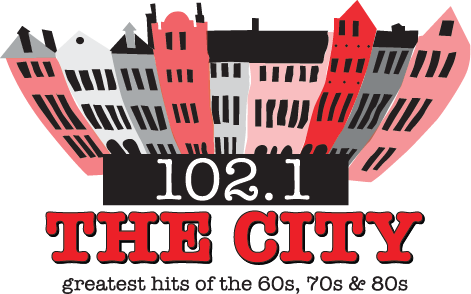Charleston County transportation sales tax referendum can stay on ballot, judge rules
CHARLESTON COUNTY, S.C. (WCBD)- A proposed referendum that would generate tax revenue for transportation projects throughout Charleston County can remain on the ballot in November, a judge ruled this week.
Judge Roger Young dismissed a challenge brought forth by the South Carolina Coastal Conservation League (SCCCL) and two individuals, writing in a Sept. 5 order that the lawsuit was “premature and speculative” as the election has not happened yet.
The ballot question asks voters whether to approve a new half-cent transportation sales tax that officials say would generate $5.4 billion for various infrastructure projects, including the Mark Clark (I-526) extension.
According to the county’s website, the plan is to extend the Mark Clark Expressway from its junction with US-17 in West Ashley onto Johns and James Island. That project comes with an estimated $1.8 billion price tag.
Environmental groups sued about a week after Charleston County Council approved the referendum, arguing that the proposed language misleads voters because it does not disclose the estimated cost of each project.
They further claimed that the referendum violated state law by “failing to provide information about the County’s plans to prioritize the Mark Clark Extension and dedicate a large proportion of the sales tax funds to the Extension project.”
Attorneys representing the county, however, argued in an Aug. 28 pretrial brief that the plaintiffs’ challenge presented a “contingent, hypothetical dispute” because voters had not yet weighed in.
“Assuming, even for the sake of argument that Plaintiffs could establish standing, the fact remains that until the referendum passes there is no tax which they would have to pay,” attorneys wrote. “Thus, such standing would not arise (if at all) until after the election were held.”
They also suggested the lawsuit was politically motivated, citing SCCCL’s longstanding opposition to the Mark Clark extension project.
Young ultimately sided with the county, asserting that there was no “justiciable controversy” at the time.
“The issues raised by Plaintiffs are contingent upon the outcome of the referendum, and any potential harm can be addressed through post-election legal remedies,” he wrote.
That means the question — as written and approved by county council — will remain on the Nov. 5 ballot.
If passed, the new sales and use tax would go into effect after the 2004 half-cent tax expires, which officials said would be sometime between 2026 and 2029.
Click Here for the Full Article
Author: Sophie Brams







